GPO Platform
News

Group
About us
GPO Platform is a film production company founded in 2016 by graduates of the Documentary Film Department at Film and TV School of Academy of Performing Arts in Prague (FAMU). The company focuses on production of original documentary movies and short films, enables creation and provides support to authors of film debuts, experimental films and video art.
We use our vast experience with film direction to help film makers with their production of audiovisual art. We consider our company a collective solution, a platform for directors, painters, photographers and other artists, who feel close connection to movie industry. GPO (Group Production Office) builds on the legacy of British documentarists from the 1930s, who were able to establish a similar community.
On principal, we support projects that have their origin in the author's need to express himself. Therefore, we refuse to participate in the "creation" of advertisements.
We own equipment for the entire process of shooting and postproduction of audiovisual artwork.
Production
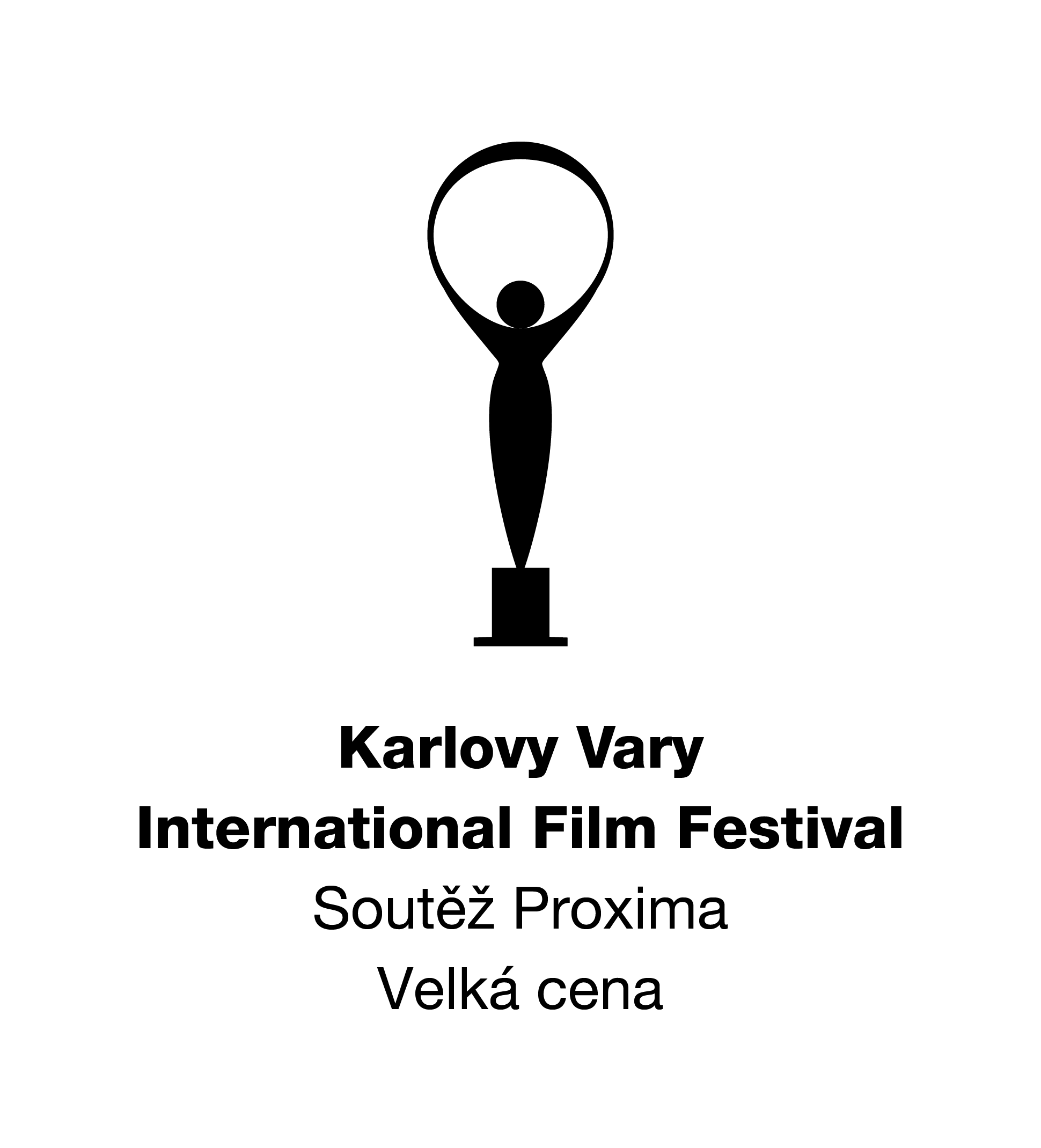
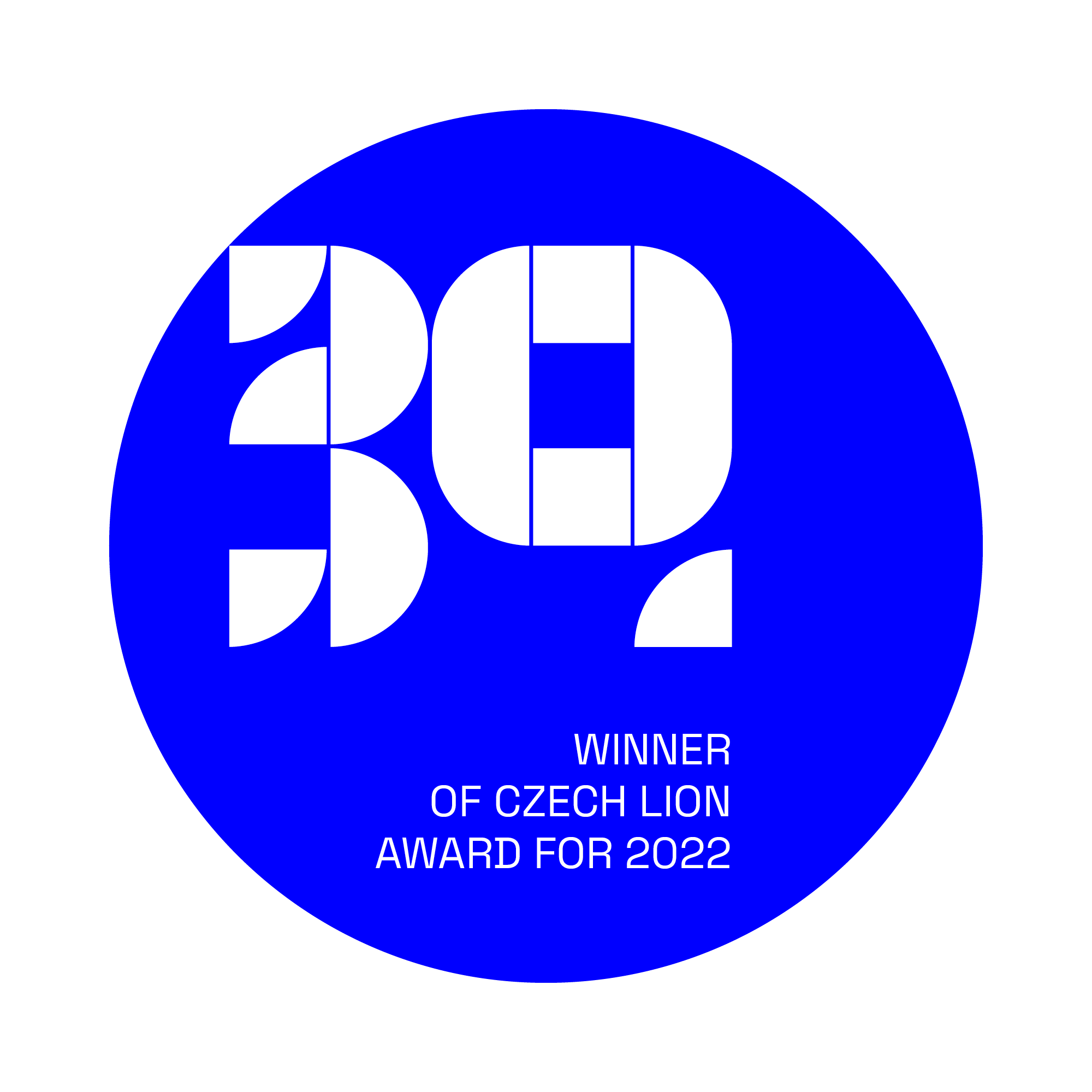
In Distribution
Art Talent Show
As every year, the talent admissions exams are being held on the Academy of Fine Arts in Prague. Across three different ateliers, the movie observes the background of a difficult task that stands in front of institution’s pedagogues: how to pick, from the legion of participants, the chosen ones that will be given the chance to form the tone of fine arts for years to come? How will the academics themselves hold up during the exams? And what shall all this tell us about the nature and meaning of art nowadays?
In Distribution
Points for the President aka Attempt at Contrarevolution
In his provocative mosaic of opinions from different sides of the political spectrum, Martin Kohout reflects on where the ideals of November 1989 and the former sense of community have disappeared to. He tries to understand the progressive fragmentation of Czech society through two recent events. Both the parliamentary elections in 2017 and the subsequent direct election of the president made it clear that there is no consensus in the country today on even the most basic concepts such as “freedom” or “democracy”. Sources of concern, ideas about the country’s future direction, and the national myths on which cultural and political figures and disaffected voters rely all vary.
Supported by / The Czech Film Fund
In Distribution
Epic Complex
Road movie following 20 colossal paintings of Alfons Mucha’s Slav Epic on their way from the Czech Republic to Japan and into the depth of our own history.
Supported by / City of Prague
In Distribution
The Fall of Consent Communism
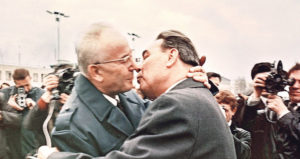
The Fall of Consent Communism focuses on the rise of a new system under the communist rule after 1968 and the circumstances of its fall in the late 1980s. It examines the issue through testimonies of the representatives of normalization political elites. The movie exposes their self-deception, lust for power, mutual disagreements, disputes and behind-the-scene activities which resulted in the events of November 1989.
It may seem that the fall of the communist regime has been discussed in great detail many times over. However, that is a rather biased perspective. The prevailing public opinion is that the regime, established after the invasion of soviet armies in 1968, fell apart owing to changes in the USSR after Mikhail Gorbachev rose to power. There has been little mention of social contract and agreement (or rather coercion) between party elites and the public, which complemented each other, and which served to provide a certain validity to the peace solution generally preferred to violence. Jan Rousek’s motion picture will be shot as a study of the mechanisms behind historical events and their orchestrators as they truly unraveled. What does great power look like under scrutiny through the optics of the directly involved parties?
In Distribution
Kindling
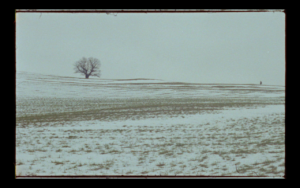
KINDLING is a collection of four short experimental film poems, which elaborate on the bond between inner and outer scenery. The individual movies carry their authors’ signatures; however, they are being produced in creative collaboration, which instils unifying characteristics upon them. The goal of the authors is to study the limits and permeability of the film (visual) and musical (auditory) composition. Rhythm and movement are more important to individual authors than the narration itself. The storyline, if present at all, gleams and flashes through to promote the observers’ associations and employ their imagionation rather than tell a story in a linear fashion. Authors’ aim is to introduce KINDLING in two ways. The first one is a classical short film setup and the second one will be a concert format, with live musical accompaniment.
In Production
Is It Worth It?

The topic of Jan Strejcovsky’s debut is the exploration of the origin of both artistic and market value of individual works of art. Documentary a(u)ction essay Is It Worth It? will be a mosaic of stories, situations and stylized scenes from the world of art market. It is one of the most obscure investment areas. Moreover, the world of finance intertwines with the world of artistic creativity, one of the areas of human endeavor which is among the most difficult to grasp. The art market as a space, where authenticity of personal expression meets the power of consumerism.
Others
Video day / Exhibition
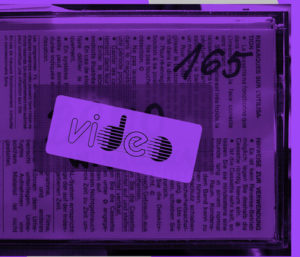
The director has resurged the legendary exhibition of video artists The Day of the Video 1989/2018 as a part of the movie about Czech video art.
Others
Factor of Six

The short film with cinematic shoots capture the “occupants“ of an unknown apartment who silently perform activities bordering on purposeless pastimes and melancholy, even surreal rituals.
Office
Producers
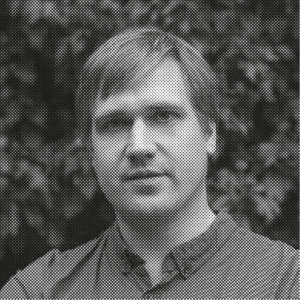

MARTIN KOHOUT
Producer, director
He dedicates his time to funding strategies, often collaborates with Jakub Wagner. Focuses on political, social and historical topics.
He completed his earlies studies at the Department of Documentary Movies at FAMU and studied Sociology at the Faculty of Arts at Charles University. He currently attends a postgraduate program at the Department of Documentary Movies at FAMU.
Directorial filmography:
J.D. Michal Danišovič (2010), Invisible Hand of the Market/ Privatization of Barrandov (2012), The Czech Way (2015)
Awards:
Andrej Stankovič Film Prize


JAKUB WAGNER
Producer, director
Focuses on producer strategies, often cooperates with Martin Kohout regarding postproduction. Concentrates on social and cultural affairs, while also producing experimental films and video-art. Having completed his studies at the Department of Documentary Movies at FAMU, he also dedicates his time to working as a curator in the field of art inheritance.
Directorial filmography:
Jan Kaplicky: Profile (2005), Váňa (2012), Family Matters (2015), RINO – The Spy Story (2016)
Producer’s filmography
Art Talent Show (2022), Points for the President aka Attempt at Contrarevolution (2022), Epic Complex (2017)
Awards:
Czech Lion Award – Best documentary feature (2022), Andrej Stankovič Film Prize, Czech Lion nominee (2012)


JAN STREJCOVSKÝ
Director, (non)actor
Collaborates on some GPO projects as a head of production or executive producer.
Graduate of the Department of Documentary Movies at FAMU.
Directorial filmography:
Igor’s Great Emotion (2012) – winner at Through Young Eyes Festival
Slav Epic Complex (2018) – winner of the TV NOVA festival The Night of Film Hopefuls
Occasionally acts in films (Pavlíček: Bear With Us, Hřebejk: Nonstop Deli, Prušinovský: Back to Square One, Foukal: Martian Ships), or in theatre (Jan Kačena).
Billing information
GPO Platform s.r.o.
Dukelských hrdinů 500/25a, 170 00 Praha 7 - Holešovice
ID: 04889657 VAT ID: CZ04889657
VAT payer
Collaboration
Jakub
Jurásek
Sound designer, conceptual artist. Collaborates on shooting and sounf postproduction on a number of projects.
Jan
Březina
Director, cinematographer. Collaborates on a range of projects as a cinematographer.
Marek
Brožek
Cinematographer, scenographer, puppeteer. Collaborates as cinematographer, sometimes takes part in postproduction. Also focuses on the technical side of scenes that require above-standard solutions.
Johana
Střížková
Intermedia artist. Together with GPO coproduces her film Factor of Six for the Jindřich Chalupecky prize, for which she was nominated in 2016. Currently works on her new concept of an art installation for the Czech Center in Berlin.
Jan
Šípek
Documentarist, cinematographer, lecturer at FAMU. Collaborates on a number of projects as a cinematographer and co-director.
Helena
Všetečková
Director, dramaturge. Dedicates her time to dramaturgic collaboration and is currently preparing a film about Egon Bondy.
Jan
Rousek
Historician and documentarist. In collaboration with GPO, he is finishing his new film The Fall of Consent Communism.
Apolena
Rychlíková
Director, journalist. Currently developing her new film Housing Expo(sed).
Květa
Přibylová
Cooperates as a director, sometimes cinematographer and has also taken part in the organizational aspect of the experimental project Krastí. Currently is working on her new film with GPO.
Adéla
Komrzý
Director. Cooperates as director, currently is working with Tomas Bojar and preparing a film with the working title Entrance exams, focusing on what happens behind the scenes at entrance exams for the Academy of Fine Arts in Prague.
Martin
Řezníček
Documentarist, cinematographer, lecturer at FAMU. Partners as cinematographer and director.
Jan
Gogola ml.
Director, screenwriter, dramaturge. Often collaborates with GPO as head dramaturge or dramaturgy consultant and coauthor.


